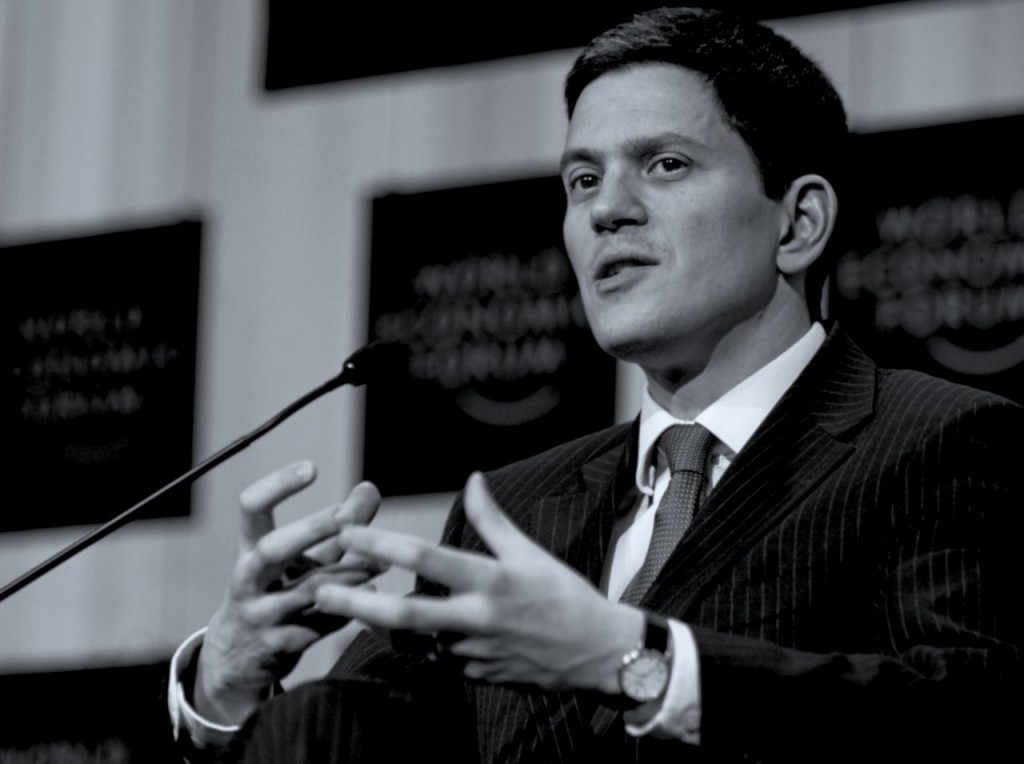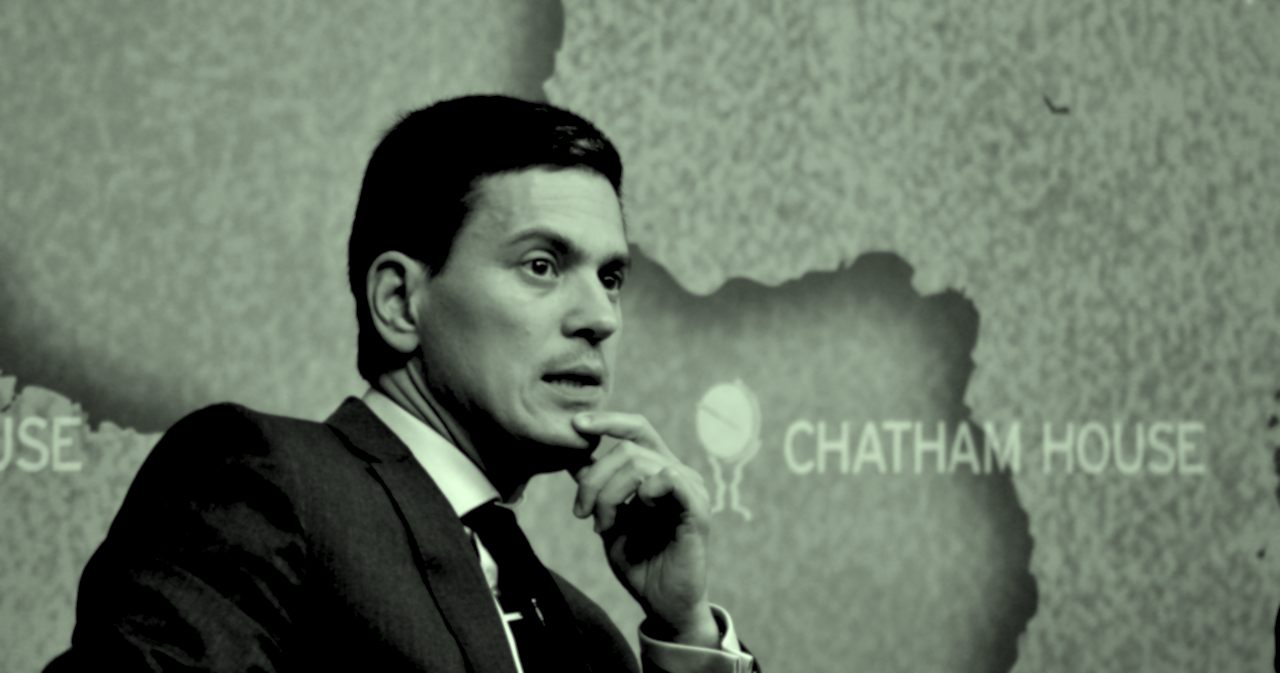The legacy of colonialism is no more apparent than in the asymmetry between attitudes to sovereignty in the developing world and the developed.
It would certainly be difficult to imagine a Brazilian Minister taking the international stage to propose the privatisation of the British Lake District, but this is analogous to what David Miliband put forward in 2006.
Brother of future Labour leader Ed, Miliband, then Environment Minister and soon to be Foreign Secretary, was an ambitious Blairite loyalist, and the then Prime Minister himself was said to be behind the proposal, originally conceived by veteran MP and Chatham House grandee, Frank Field.
His proposal, to an environmental summit in Mexico, was that the Amazon would be broken into lots & sold off at auction to foreign corporations and individuals, ostensibly for its protection.
Mr Miliband said: “Obviously there are sovereignty issues but deforestation is a massive issue… and any plan, however radical, is worth looking at.”
With sovereignty presented as a mere afterthought, Miliband’s proposal unsurprisingly received short shrift from the Brazilian Government.

(Tony Blair meets then Governor of Minas Gerais and future Presidential Candidate, Aécio Neves)
The springboard for this idea was that earlier in 2006, Swedish Millionaire Johan Eliasch, an environmental consultant to Gordon Brown and former deputy treasurer of the Conservative Party, had bought 400,000 acres of Brazilian rainforest for £8m pounds (which has greatly increased in value since, helped by the rise of Brasil’s currency & growth of its economy).
Off the back of this individual initiative, Eliasch founded the organisation “Cool Earth” with the objective of finding buyers for tracts of Amazon land. This dovetailed with the disputed concept of carbon credit, where companies buy areas of forest to offset their emissions elsewhere. (His company Gethal was later fined by environmental agency Ibama for illegal logging and use of land, an allegation his associates denied.)
In an article in the Sunday Times, Maurice Chittenden wrote: “Eliasch is part of a growing trend towards ‘green colonialism’. Rich people with chequebooks instead of pith helmets, charities and trusts, who are buying vast swathes of the Third World or ‘renting’ the timber rights to stop trees being cut down. It is a breakaway from the methods that have characterised the international conservation movement for the past 50 years.”
Eliasch was also quoted as saying: “In theory you can perhaps buy the Amazon for $50 billion.”
It was this line that caused discomfort within the Brazilian government, and understandably so; the Amazon is home to 20 million Brazilian citizens and rich in resources which have been coveted by foreign powers and international capital for centuries.
Violations of Brasil’s sovereignty by foreign actors, particularly the United States, have historically been cause of consternation and anger amongst Brazilians.
Foreign coverage of the Amazon over the last 15 years has for the most part ignored the actual progress made by Brazilian government & its agencies in reducing deforestation & controlling illegal logging – not the correct narrative – and it is not credible to suggest that multinational corporations could do a better job by default, or that they would not simply find ways to exploit the land and resources contained within.
Green Colonialism, or Eco-Imperialism, is easily sold abroad, pushing as it does all the right buttons in the well intentioned, but the human, economic & geopolitical implications are, more often than not, green-washed away.
Brasil has more reason than most to resist this latest corporate re-branding of old Empire and the country needs to be helped, not sold to the very powers responsible for the majority of the world’s deforestation, in order to protect its own rainforests.

(David Milliband at DAVOS)
[qpp]

